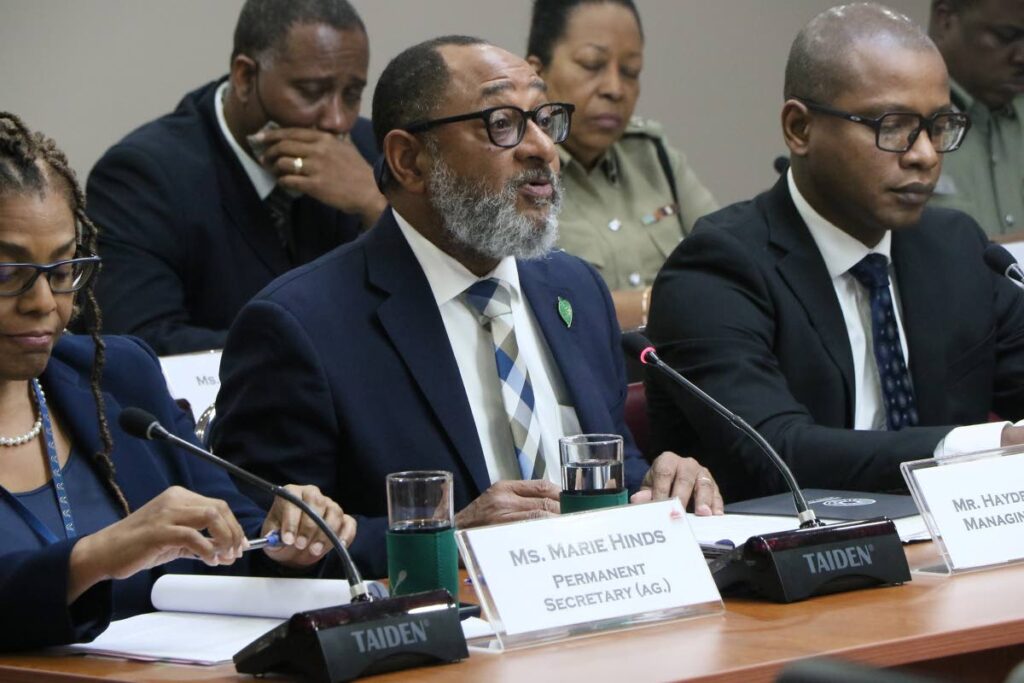Bringing down the noise

At the Joint Select Committee (JSC) on Local Authorities, Service Commissions and Statutory Authorities on Wednesday, everyone seemed exasperated by the inability of Trinidad and Tobago to align its legislation on noise pollution with practical enforcement.
JSC members Khadijah Ameen and Jayanti Lutchmedial expressed exasperation with efforts to get businesses and events to respect established noise limits.
In the wider civil society, concerns about noise have been widespread and pervasive.
The Emperor Valley Zoo has repeatedly complained about the noise levels from Independence Day fireworks, which cause the caged animals great distress.
The authority's push to make noiseless fireworks the law in this country hasn't progressed beyond a position paper published in 2021.
The Environmental Management Authority's (EMA) Hayden Romano agreed that noise pollution was "an area of tremendous concern" and called for a national dialogue on the issue, but it isn't clear what else needs to be said.
In June 2022, the EMA announced a partnership with the Police Service to respond to incidents of noise pollution and noise levels beyond approved legal variances.
The EMA's noise unit, which has enforcement powers over commercial and industrial noise pollution, is staffed by just four employees.
One critical aspect of the EMA-TTPS collaboration has faltered because the ten noise meters given to officers aren't being used because they are awaiting training.
When the promising team-up was announced, the EMA already knew that the relaxation of covid19 restrictions was being heralded by a blast of party thunder.
In the first half of 2022 alone, the authority received more than a hundred complaints about noise levels.
There has been robust push-back from promoters who complain that controlling noise is killing Carnival culture.
The authority responded to that accusation by noting that while Carnival is TT culture, noise is not and called on event organisers to be more aware of its effect on neighbouring communities.
The discourse continues, but the problem remains unsolved. Citizens want to party, but other citizens want to be able to sleep and this Gordian knot will remain until there is more nuanced thinking about the problem.
According to the activist group Citizens Against Noise Pollution, complaints from the public frequently bounce between the EMA and the police, with little effective action being taken.
Even at events where EMA officers have registered breaches of the noise variation license, they can only request adjustments and take note of the response.
It takes police officers, either working in tandem with the EMA or with their own capability to monitor noise, to exercise greater powers.
At Wednesday's JSC, either greater powers for EMA officers or more capabilities and deployment of the police at events were pertinent suggestions. Either would be better than the ineffective status quo.


Comments
"Bringing down the noise"